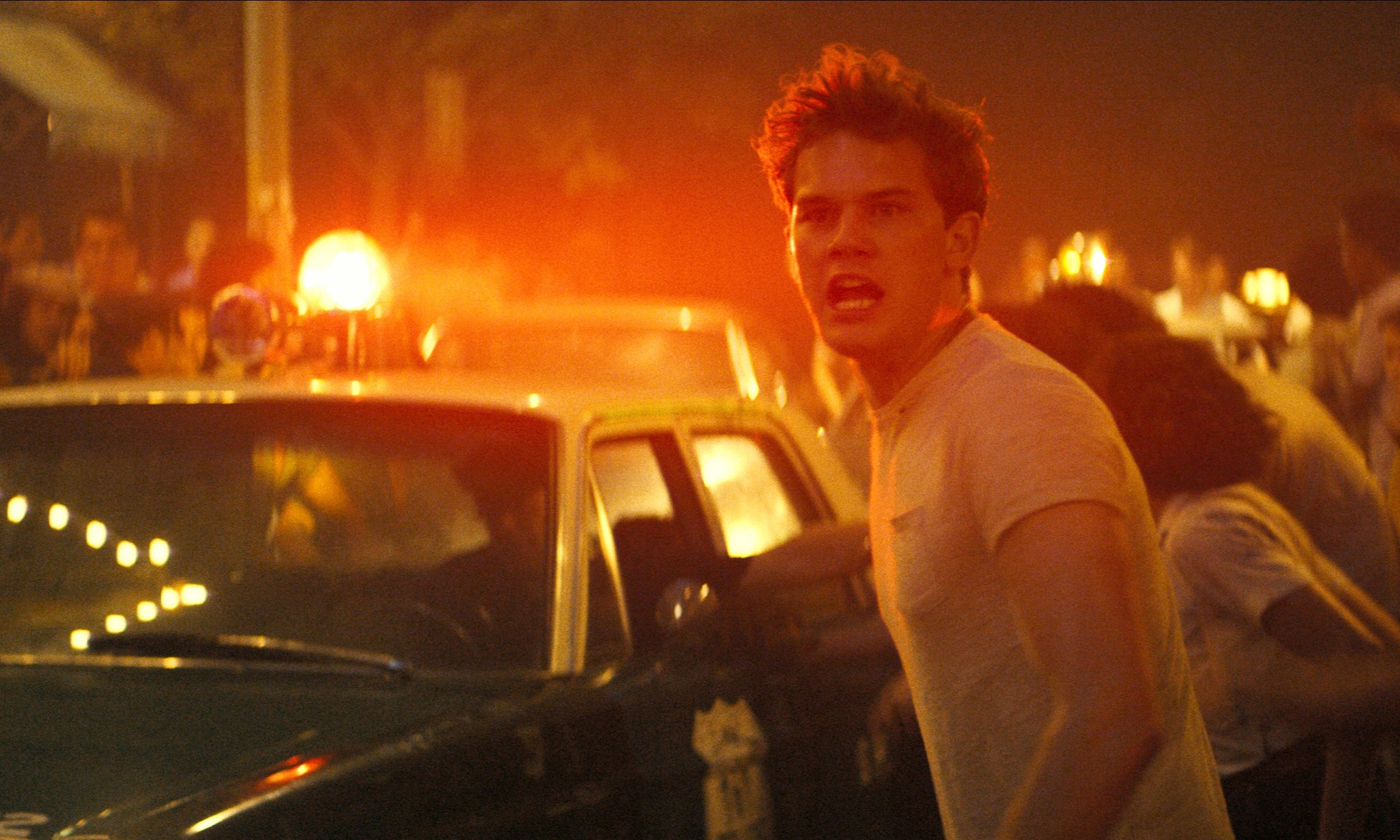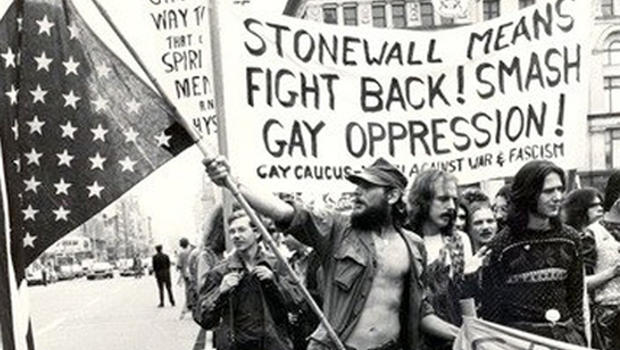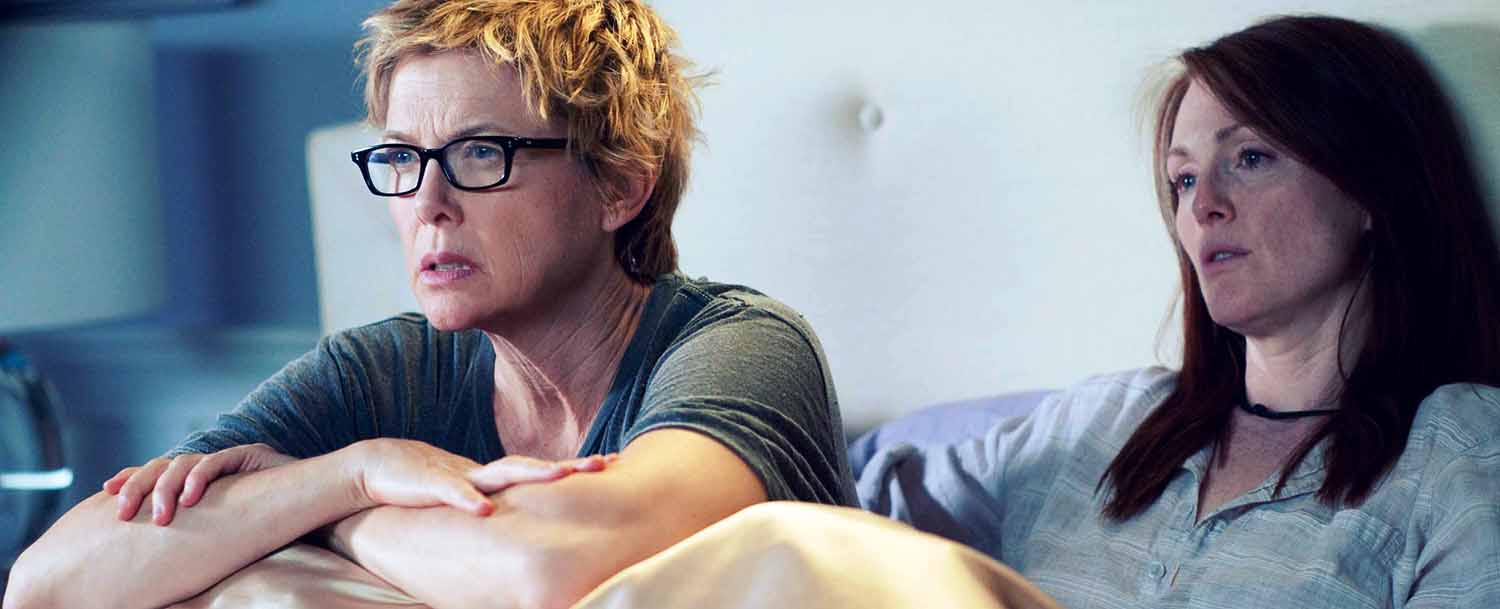Based on the Stonewall riots of 1969, an event which is regarded as the birth of the modern LGBT rights movement, Stonewall stars Jeremy Irvine as fictional gay white man Danny Winters. In director Roland Emmerich’s take on the historic events, Danny threw the first brick of the riots and was a leading and important figure in the protests.
Backlash to the film has been widespread, from were actually at the Stonewall riots as well as members of the LGBT community who feel that the film does not, in any way, accurately portray the real events.

Many of the leaders in the riots, which saw police clash with patrons of New York’s Stonewall Inn bar, were trans women and trans women of colour such as Marsha P. Johnson, Sylvia Rivera and Miss Major Griffin-Gracy, while a black butch lesbian, Stormé DeLarverie, was the first person at the riots to throw a punch.
However, Emmerich’s Stonewall only features Marsha P. Johnson (played by a cis man, no less), making no mention of the others, despite Emmerich’s comments that the movie “honors” Rivera and the rest of the real-life activists who were there.
As a result, many critics have panned the film, calling it an abominable bungling of what happened, and that, even as a dramatised retelling of the events, it just doesn’t hold up.
Over on The Heights, Hannah McLaughlin says that the film “couldn’t be more whitewashed than if it was doused in Clorox Bleach and thrown into the laundry three times over”. Meanwhile, Andrew O’Hehir at Salon compares the film to “saying that Rosa Parks was a tired lady who decided she’d rather rest her feet” and says that “the process of forgetting “Stonewall” begins now, and the erasure will be total”.

Meanwhile, Richard Lawson at Vanity Fair calls Stonewall a “disaster movie” and that it’s “perhaps even worse than some feared it would be—more offensive, more white-washed, even more hackishly made”, and “it’s so bad that it’s hard to know where to begin a catalogue of the film’s sins”, says the writer.
These are just excerpts from a handful of absolutely abysmal reviews, but the majority of reviews about the film have called it atrocious in some way, shape or form. Movie review aggregator Rotten Tomatoes has Stonewall at just 10% (which is essentially a rating of 1 out of 10), indicating that this one is well and truly rotten.
And though Roland Emmerich has responded to the criticisms of his film, the director seems to suggest that those who watched the film just didn’t seem to ‘get it’. In an interview with Buzzfeed, the director explains that
I didn’t make this movie only for gay people, I made it also for straight people. I kind of found out, in the testing process, that actually, for straight people, [Danny] is a very easy in. Danny’s very straight-acting. He gets mistreated because of that. [Straight audiences] can feel for him”.
People having responded negatively to this too, saying that a film about LGBT history, that features LGBT people shouldn’t have to ‘pander’ to straight viewers and that if that’s what straight viewers need to sympathised with an oppressed group of people, then that’s their problem, not ours. However, Emmerich has also said that once people see the film, they’ll feel positively about it.
Unfortunately, it seems that few people are interested in seeing Stonewall as, in what many would call a ‘karmic balance’, the film has utterly tanked at the box office. It cost over $15 million to make but it raked in just $112,414 during its opening weekend and with 129 theatres showing it, that’s an average of $871 and 107 people per theatre.
Stonewall’s box office embarrassment and the backlash, while it has led to people (both LGBT and cis/straight) researching what actually happened during the riots, has raised questions about the future of LGBTQ+ focused films. Does this mean that fewer Hollywood companies will be willing to make them due to a perceived risk?
Or does it just mean that filmmakers will take the time to consider what the community wants, rather than catering to the (already well catered to) needs of straight, cisgendered moviegoers? For now, the answers are unclear but we’ll be quick to update you on all of the silver screen’s relevant goings on.



